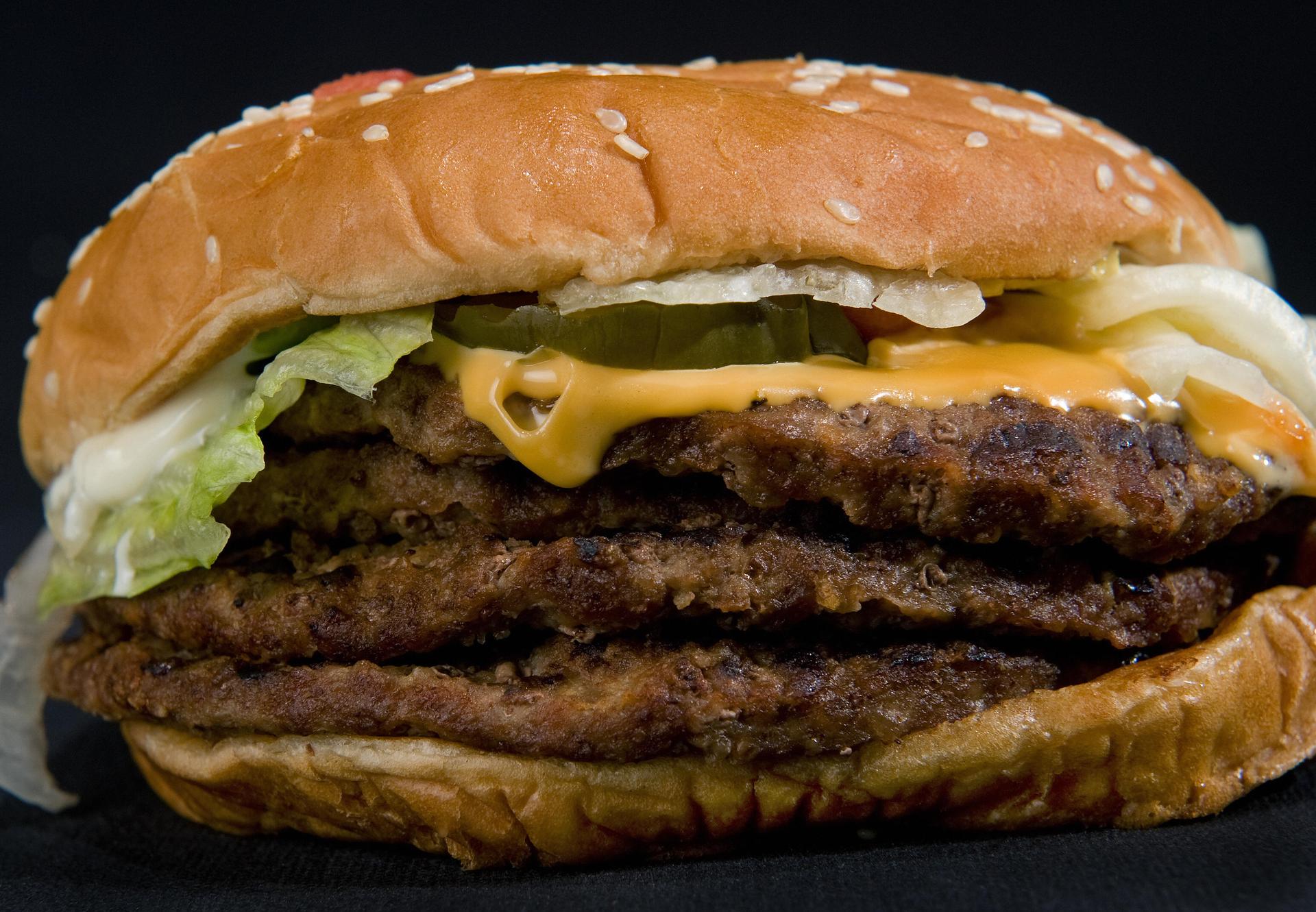Bute, banned equine drug, has been found in horsemeat in France
Burger King is the latest company to be implicated in a horse meat scandal that has shaken the UK food industry. The scandal began when British supermarket chain Tesco discovered it was selling horse meat burgers.
The horsemeat scandal has gotten more severe, as tests have revealed traces of banned cancer-causing drug bute in horsemeat.
The drug, also known as phenylbutazone, is a carcinogen used as an equine painkiller has made its way into at least six British horse carcasses that have been sent to France, according to the Times.
Britain's food regulator said Thursday that it was working closely with French authorities to trace the affected meat and get it off their market, Reuters reported.
The horses were reportedly slaughtered at an abattoir in Somerset, England, and two other carcasses that tested positive were found at another slaughterhouse but prevented from being shipped, according to CNN International.
Britain’s agricultural minister David Heath said the country is launching "biggest investigation ever" Europe’s horsemeat contamination of beef products, the Telegraph reported.
The UK’s environmental secretary Mary Creagh denounced the late action on checking for bute, saying she had raised concerns about this issue a month ago.
"I'm astonished to hear that another three could potentially have entered the food chain in France when I raised this with you last month,” Creagh said, according to the Telegraph. "It's astonishing. We were in the middle of a horse meat adulteration scandal, this is just catastrophic complacency from you."
However, Britain’s Chief Medical Officer Professor Dame Sally Davies said that consumers should not worry about consuming bute at these levels.
"At the levels of bute that have been found, a person would have to eat 500 to 600 burgers a day that are 100 percent horse meat to get close to consuming a human's daily dose. And it passes through the system fairly quickly, so it is unlikely to build up in our bodies," she said, CNN reported.
Horsemeat has already been discovered in supposedly all-beef products sold in Britain, France, Sweden, Switzerland, Germany and Ireland, sparking serious questions about the complexity and lack of regulations of the food chain.
More from GlobalPost: Horsemeat scandal: EU calls for DNA tests on beef products across Europe
Every day, reporters and producers at The World are hard at work bringing you human-centered news from across the globe. But we can’t do it without you. We need your support to ensure we can continue this work for another year.
Make a gift today, and you’ll help us unlock a matching gift of $67,000!
